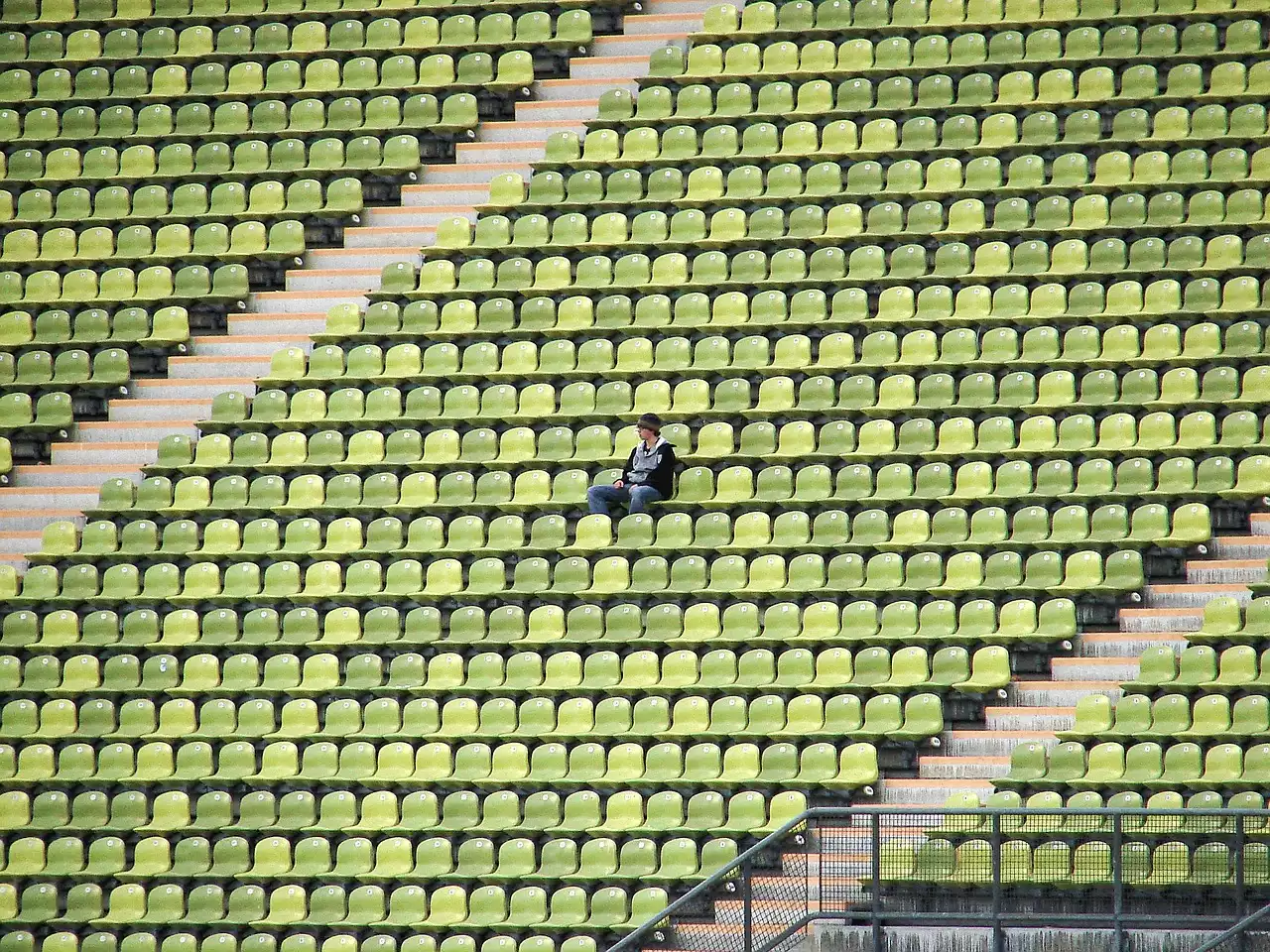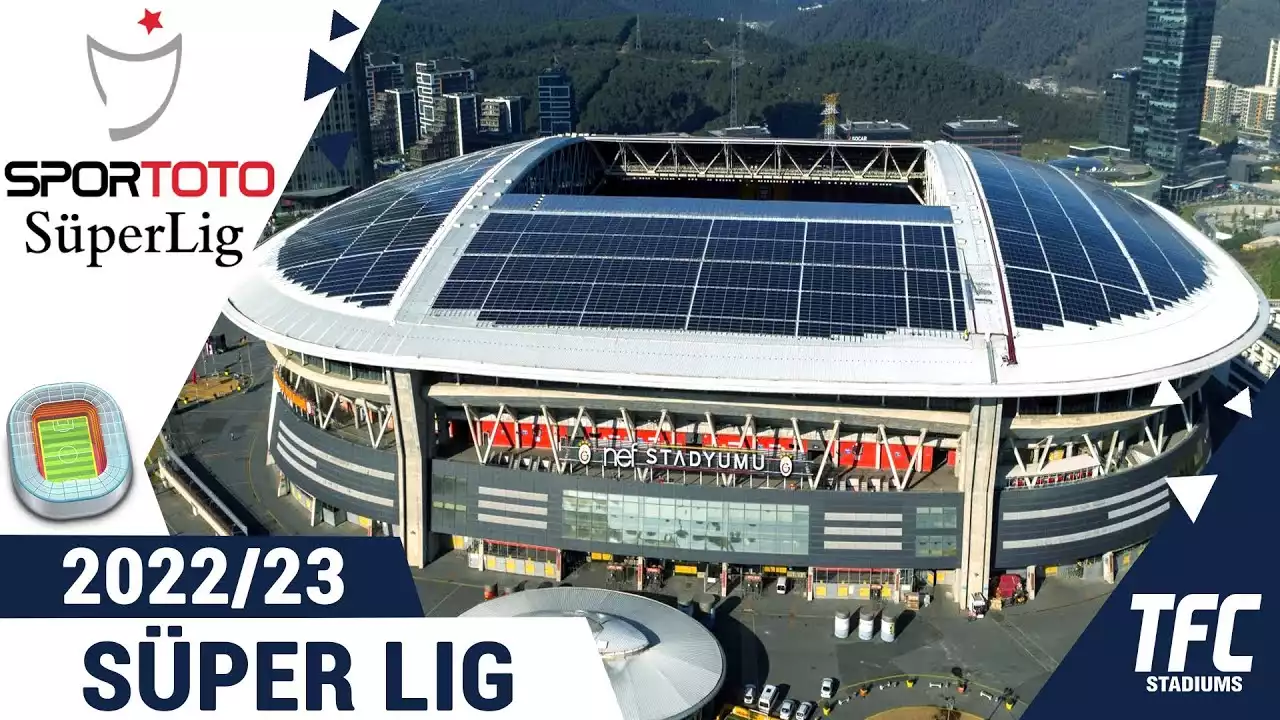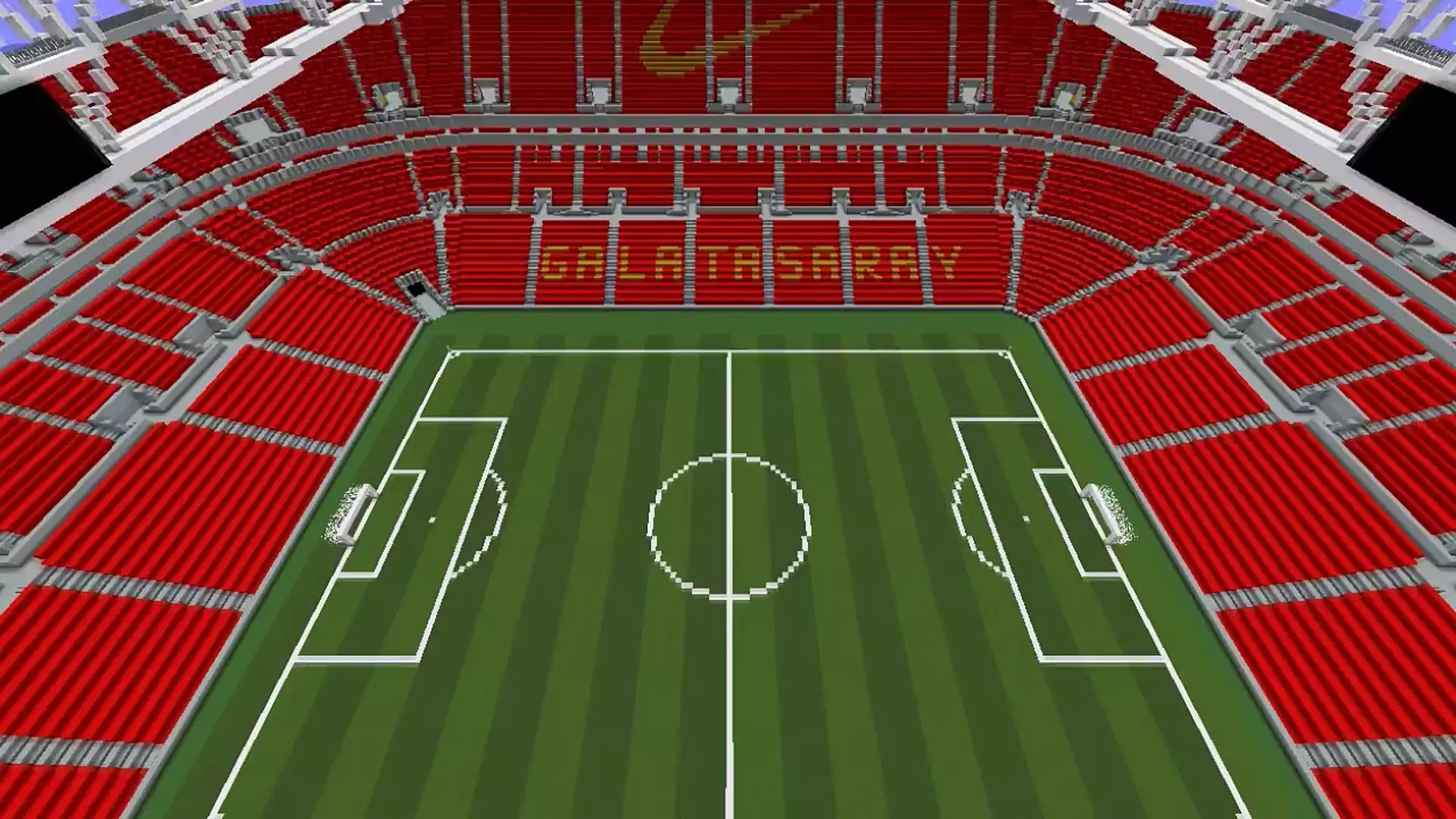Historical significance of Super Lig stadiums
The history of Super Lig stadiums stretches back decades, intertwining with the evolution of Turkish football itself. These stadiums have witnessed the rise and fall of numerous clubs, the triumphs and heartaches of fans, and the transformation of the sport into a national obsession. The iconic Ali Sami Yen Stadium, for example, holds a special place in the hearts of Galatasaray supporters. Established in 1964, it became the stage for countless victories, including Galatasaray's UEFA Cup win in 2000. The stadium's rich history serves as a reminder of the club's enduring legacy and its contribution to Turkish football. Similarly, the Şükrü Saracoğlu Stadium, home to Fenerbahçe, has witnessed decades of fierce rivalries and intense matches. These historic stadiums not only reflect the past but also connect fans to a shared heritage, creating a sense of belonging and pride.
Super Lig stadiums have also played a crucial role in the development of Turkish football infrastructure. Over the years, these arenas have undergone renovations and upgrades to meet international standards, attracting the attention of football enthusiasts worldwide. The construction of state-of-the-art stadiums, such as the Vodafone Park and Türk Telekom Stadium, showcases Turkey's commitment to hosting major sporting events and elevating the fan experience. These modern venues not only provide a world-class stage for football matches but also contribute to the economic growth of the surrounding areas through increased tourism and revenue generation. The historical significance of Super Lig stadiums goes beyond their cultural value, as they represent the growth and evolution of Turkish football on a global scale.
Architectural features of Super Lig stadiums
Super Lig stadiums are not just places where football matches are played; they are architectural marvels that blend functionality with artistic design. Each stadium has its own unique features that reflect the cultural identity of its home club and the surrounding region. The Vodafone Park, for instance, stands as a testament to the architectural prowess of Beşiktaş JK. Located in Istanbul, this stadium boasts a stunning facade adorned with a geometric pattern inspired by traditional Turkish art. The use of glass and steel creates a modern and sleek appearance, while the open-air design allows fans to enjoy breathtaking views of the city's skyline. Inside, the stadium offers state-of-the-art facilities, including luxurious VIP boxes and premium seating, ensuring a comfortable and memorable experience for spectators.
In contrast, the Türk Telekom Stadium, home to Galatasaray, showcases a more traditional architectural style. Nestled in the heart of Istanbul, this stadium features a horseshoe-shaped design that embraces the club's rich history. The red and yellow seats, representing Galatasaray's colors, create a visually striking atmosphere, while the stadium's capacity of over 52,000 spectators ensures a vibrant and energetic ambiance during matches. The architectural features of Super Lig stadiums not only enhance the fan experience but also embody the cultural heritage of the clubs they represent, creating a sense of identity and pride for both players and supporters.
Cultural events and traditions associated with Super Lig stadiums
Super Lig stadiums are not just venues for football matches; they are stages for cultural events and traditions that bring communities together. From pre-match rituals to post-match celebrations, these stadiums serve as the backdrop for a multitude of experiences that go beyond the sport itself. One such tradition is the "imbat," a unique breeze that sweeps across the Bosphorus and into the Vodafone Park during Beşiktaş JK home matches. Believed to bring good luck to the team, fans eagerly await the arrival of the imbat, creating an electric atmosphere within the stadium. This tradition not only showcases the deep-rooted superstitions of Turkish culture but also fosters a sense of unity and anticipation among supporters.
Another cultural event associated with Super Lig stadiums is the "derby," a fiercely contested match between rival teams. These high-stakes encounters, such as the Istanbul derby between Galatasaray and Fenerbahçe, are more than just football matches; they are battles for supremacy that ignite passions and rivalries. The stadiums become a sea of colors, with fans displaying banners, flags, and scarves in support of their respective teams. The atmosphere is electric, with chants and songs echoing throughout the arena. These derbies have become an integral part of Turkish football culture, showcasing the intense rivalries and unwavering loyalty of fans.
Super Lig stadiums also host cultural events and concerts, further strengthening their connection to Turkish heritage. These events attract a diverse range of audiences, bringing people together to celebrate music, art, and entertainment. By hosting such events, Super Lig stadiums become cultural hubs that foster creativity and foster a sense of community beyond the boundaries of football.
Impact of Super Lig stadiums on local communities
Super Lig stadiums have a profound impact on the local communities that surround them. These arenas are not only places of entertainment but also catalysts for economic growth and social development. The construction and maintenance of stadiums create jobs, boosting employment opportunities and stimulating the local economy. The influx of visitors and tourists during match days brings additional revenue to nearby businesses, such as restaurants, hotels, and souvenir shops. This economic stimulation helps to improve infrastructure and public services, benefiting the entire community.
Moreover, Super Lig stadiums serve as platforms for social integration and community engagement. They provide a space where people from different backgrounds can come together to support their favorite teams and celebrate their shared passion for football. This sense of unity extends beyond the stadium walls, fostering a spirit of cooperation and collaboration within the community. Super Lig clubs often organize outreach programs and initiatives to give back to society, supporting local charities and promoting social causes. Through these efforts, the stadiums become more than just sporting venues; they become symbols of hope and positive change.
Preservation and restoration efforts for Super Lig stadiums
Preserving the historical and cultural significance of Super Lig stadiums is vital to safeguarding Turkey's heritage. Many of these stadiums have stood for decades, witnessing countless memorable moments. However, with time, they require maintenance and restoration to ensure their longevity. Recognizing the importance of these stadiums, both the government and private organizations have undertaken preservation efforts to protect and restore them.
These restoration projects not only focus on preserving the structural integrity of the stadiums but also aim to enhance the fan experience and modernize facilities. Upgrades such as improved seating, enhanced accessibility, and the incorporation of cutting-edge technology ensure that these stadiums remain relevant and appealing to fans of all generations. Restoration efforts also include the preservation of historical elements, such as iconic architectural features and memorabilia, ensuring that the heritage of these stadiums is cherished and celebrated.
Super Lig stadium tours and visitor experiences
For football enthusiasts and tourists alike, Super Lig stadium tours offer a unique opportunity to explore the rich history and atmosphere of these iconic venues. Guided tours take visitors behind the scenes, allowing them to walk through the players' tunnel, visit the changing rooms, and even step onto the hallowed turf. The tours provide a glimpse into the inner workings of the stadiums, giving visitors a deeper appreciation for the sport and its cultural significance.
In addition to stadium tours, Super Lig stadiums offer a range of visitor experiences to cater to different interests. From interactive exhibits and museum displays showcasing the clubs' achievements to immersive virtual reality experiences that simulate the thrill of a match, these attractions provide an engaging and educational journey into Turkish football culture. Visitors can also indulge in local cuisine and purchase club merchandise, further immersing themselves in the vibrant atmosphere of the stadiums.
Super Lig stadium memorabilia and souvenirs
Super Lig stadiums are treasure troves of memorabilia and souvenirs that encapsulate the essence of Turkish football. From jerseys and scarves adorned with club logos to autographed photographs and trophies, these items serve as tangible reminders of the moments and players that have become part of football folklore. Fans and collectors alike flock to the stadiums' official stores to acquire these cherished mementos, allowing them to take a piece of Turkish football history home with them.
Furthermore, Super Lig stadiums are not just places to purchase memorabilia; they are venues where fans can create their own unique souvenirs. Whether it's capturing a selfie in front of a stadium landmark or witnessing a memorable match, these experiences become cherished memories that last a lifetime. The stadiums themselves become symbols of these experiences, serving as reminders of the passion and joy that football brings to people's lives.
Super Lig stadiums as tourist attractions
Super Lig stadiums have become major tourist attractions in Turkey, drawing visitors from all over the world. Football enthusiasts are eager to witness the passion and intensity of Turkish football firsthand, while others are captivated by the architectural beauty and historical significance of these iconic venues. The popularity of Super Lig stadium tours and the increasing number of visitors attending matches are a testament to the growing interest in Turkish football and its cultural heritage.
Tourism around Super Lig stadiums has not only benefited the clubs and local economies but has also helped promote Turkey as a vibrant and diverse destination. Visitors who come for the football experience often find themselves exploring other aspects of Turkish culture, such as cuisine, music, and historical landmarks. Super Lig stadiums have become gateways to discovering the rich tapestry of Turkish heritage, offering a unique and immersive experience for travelers.










